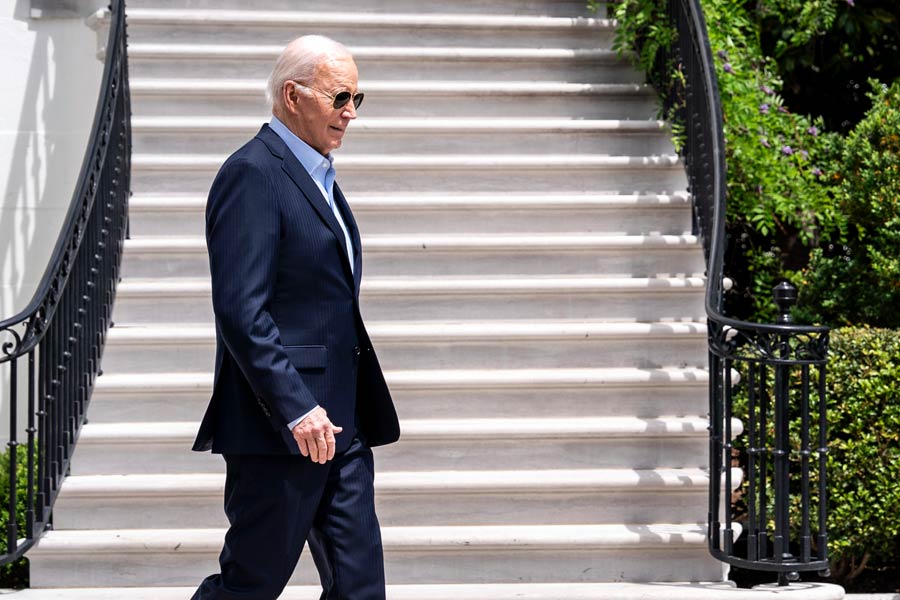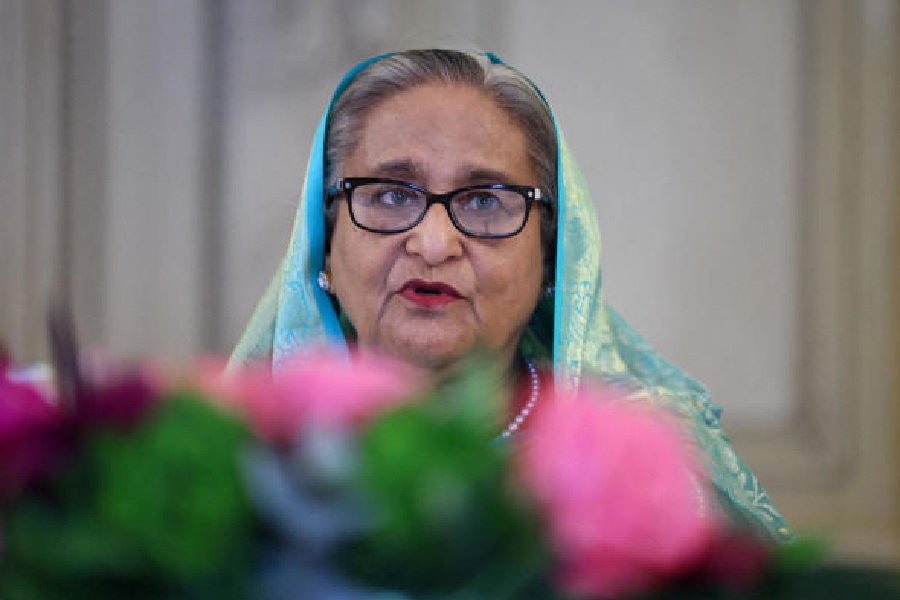As New York Police Department officers stormed Columbia University on Tuesday night, arresting nearly 300 students, they crushed more than an encampment of protesters campaigning against Israel’s war in Gaza: they also struck a baton at the principle of free speech that the United States of America claims to champion. For weeks, students at Columbia have led largely peaceful protests that have inspired similar movements across US campuses, from Texas to California, New York to New Orleans, in Ivy League universities and smaller college campuses alike. At Columbia and on many other campuses, the students set up tents in public spaces, signalling both their intent to stay put and making themselves impossible to ignore for the rest of their university’s community. In addition to demanding an end to Israel’s war, the protesters have been critical of Washington’s blanket support for Tel Aviv and have called on their universities to divest from companies that have financial ties with Israel. In recent days, these protests have gone global, spreading to campuses in Canada, Australia and France.
Yet, as the protests have grown, the crackdown by authorities too has expanded. The NYPD arrested students at the City College of New York on Tuesday; the Los Angeles Police Department did the same at the University of California, Los Angeles, on Wednesday night; state troopers on horseback attacked protesters at the University of Texas at Austin last week; in France, the government announced it is suspending funding for Sciences Po, a leading university, after sending riot police to break up a protest there. The student action, and the response from law enforcement agencies, both carry echoes of past campus protests. When Columbia students occupied Hamilton Hall, an iconic building on campus, on Monday night, they were following in the footsteps of previous generations: students famously took over the building in 1968 in protest against the Vietnam War and, again, in 1985, demanding that the university divest from companies with ties to apartheid in South Africa. During the 1985 protest, they renamed the building Mandela Hall after the then-imprisoned South African leader. On Monday, they unfurled a banner calling the building Hind’s Hall after the six-year-old, Hind Rajab, who was shot dead with her family by Israeli troops in Gaza.
But for all the similarities, there are key differences with the past. The 1985 Columbia protests, for instance, led to the university divesting from firms linked to South Africa. This time, by contrast, most universities and even the US president, Joe Biden, have portrayed the student protesters as a dangerous problem and have been unwilling to meaningfully engage with their demands. Similar crackdowns on anti-war protesters in Russia or Iran would have been met with outrage in the West. Universities are meant to be crucibles of heated debate. When that ideal is cast aside, so is the very notion of free speech. The kids, as they say, are (al)right. But what is clearly not right is the West’s dangerous doublespeak on such principles as the freedom of speech and the right to dissent that it chooses to apply — and believe in? — selectively.











